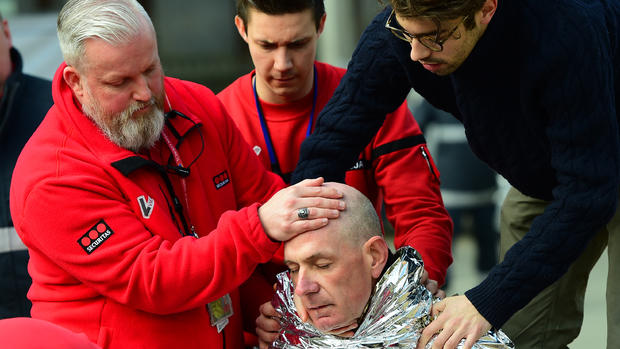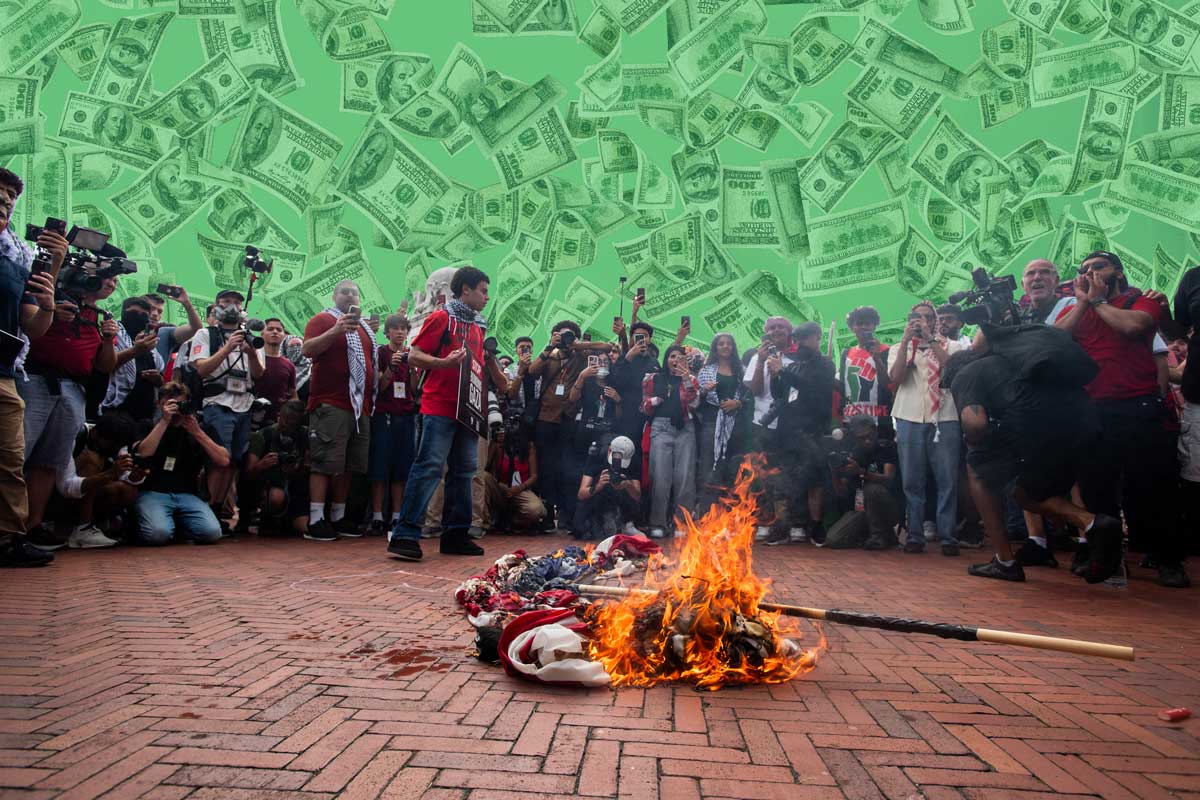Doctor accused in NYC terror plot claims cash was for charity
MANILA, Philippines -- A Filipino doctor accused by U.S. authorities of plotting attacks in New York City, including in concert venues and Times Square, denies that he helped finance the disrupted plot and will fight a U.S. extradition request, his lawyer told The Associated Press on Tuesday.
Russell Salic donated money to charity but never to terrorists, renounces terrorism and has never held a gun in his life, lawyer Dalomilang Parahiman said in an interview.
U.S. prosecutors said Friday that Salic was one of three Islamic State of Iraq and Syria (ISIS) sympathizers who plotted bombings and shootings to take place at New York City concert venues, subway stations and Times Square last year before U.S. agents thwarted the plot. A Canadian man arrested in the U.S. last year has pleaded guilty; the other man was arrested in Pakistan.
In May last year, Salic allegedly sent approximately $423 from the Philippines to an undercover FBI agent posing as an Islamic extremist to help fund the planned New York attacks. Salic, who allegedly was known to some fellow extremists as "the doctor," also informed the undercover agent that he intended to continue sending additional money in support of ISIS in the future, according to court documents made public in New York.
Salic allegedly told the undercover agent that his ultimate goal was to join ISIS in Syria, but that "it would be a great pleasure if we can slaughter" people in New York, the documents said.
"I only donated money for humanitarian consideration out of pity for the needy but I have never thought of giving funds to the ISIS," his lawyer quoted Salic as saying.
Once, Salic donated money to prevent students from losing their teacher, who had not been receiving his salary. An online posting about his good deed prompted many other people to seek the doctor's help, though he was only able to help about five nongovernmental groups and people, including an Australian, Parahiman said.
The lawyer also said Salic told him his Facebook account was hacked, allowing the hacker to chat with others while pretending to be the doctor. Salic decided to surrender to Manila's National Bureau of Investigation in April after being informed by Philippine airport officials that he was being sought for terrorism-linked charges.
Salic then had planned to travel to Hong Kong but did not proceed with the trip.
Chief State Counsel Ricardo Paras told AP the U.S. government sent an extradition request in May. The Philippine government filed the request before a Manila court on behalf of the U.S. and hearings on the request are expected to begin next week.
Aside from the U.S. charges, Salic is also facing separate criminal complaints for his alleged involvement in the abduction of six sawmill workers, two of whom were later beheaded, in the southern Philippine town of Butig in Lanao del Sur province in 2016, according to Philippine state prosecutors.
Even if the Manila court approves the U.S. extradition request, the Department of Justice in Manila would have to decide whether to let Salic face criminal complaints in the Philippines first or to be flown to the U.S. to answer the terrorism allegations there, Paras said.
The kidnappings and beheadings have been blamed on the so-called Maute group, a band of militants aligned with ISIS that was largely unknown until they led a siege of southern Marawi city in May.







